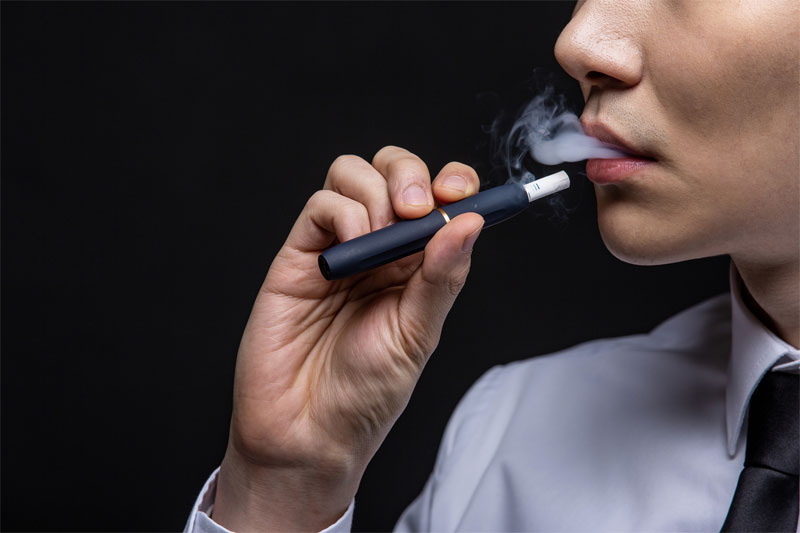Understanding the FDA’s E-Cigarette Regulations
The FDA e-cigarette ban was driven by mounting concerns over the health implications associated with vaping. Initially perceived as a healthier alternative to traditional smoking, recent research has highlighted potential risks. The FDA’s stance aims to curb the rising popularity of e-cigarettes among teenagers and address long-term health concerns. Manufacturers now face a new reality: adapting to stringent guidelines or risk losing market presence. What does the ban entail? Essentially, it enforces stricter standards on product approval, ingredient transparency, and marketing strategies targeting minors.
Impact on Smokers
For many smokers attempting to transition from conventional cigarettes, e-cigarettes offered a promising alternative. The ban presents both challenges and opportunities for these consumers. On one hand, the reduction of available vaping options might push users back to tobacco products. On the other hand, it could inspire a shift towards healthier, smoke-free alternatives sanctioned by the FDA.
Moreover, there’s a significant psychological impact. Smokers accustomed to the convenience and flavors of e-cigarettes might experience frustration and search for viable substitutes. This change necessitates exploration of nicotine replacement therapies or other FDA-approved cessation methods. Will smokers adapt, or revert to old habits? This remains a pivotal question as the effects of the ban unfold.

Impact on Manufacturers
Manufacturers are under tremendous pressure to comply with the new regulations. Those who invested heavily in developing diverse flavor products now find themselves at a crossroads. Aligning with FDA regulations requires reevaluating product lines, changing marketing approaches, and sometimes reinventing business strategies. The ban, however, does create a silver lining; it encourages innovation within the industry.
Big players might have the resources to adapt, but smaller businesses could struggle with compliance costs. This regulatory scenario might lead to a market consolidation favoring larger, established companies. How will manufacturers navigate these challenges? The landscape is expected to shift towards products that emphasize health benefits and transparency.
Economic Implications

The economic repercussions of the FDA’s e-cigarette ban are profound. On one side, there’s a potential decline in e-cigarette sales, affecting revenue streams for both retailers and manufacturers. Simultaneously, there could be a boom in alternative smoking cessation products regulated by the FDA. This economic shift might invite new entrants into the market, focusing on compliance and innovation.
Additionally, the ban could affect global markets, considering international companies with significant stakes in the U.S. e-cigarette industry. How companies manage this shift could define their future economic health.
FAQs
- Why did the FDA decide on an e-cigarette ban? The decision stems from health concerns associated with vaping, particularly its popularity among youths and its potential long-term impacts.
- Are there any alternatives to e-cigarettes?
 Yes, numerous FDA-approved smoking cessation aids exist, such as nicotine patches, lozenges, and prescribed medications.
Yes, numerous FDA-approved smoking cessation aids exist, such as nicotine patches, lozenges, and prescribed medications. - What does this mean for current e-cigarette users? Users may need to explore alternative methods of smoking cessation or switch to products meeting FDA guidelines.
The journey forward in the wake of the FDA’s e-cigarette ban will be critical for smokers, manufacturers, and the overall industry. While challenges persist, adaptability, innovation, and adherence to regulations might pave the way for a balanced and healthier future.
